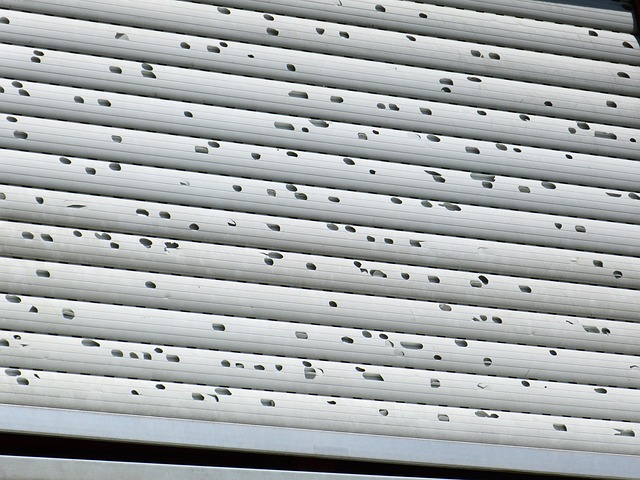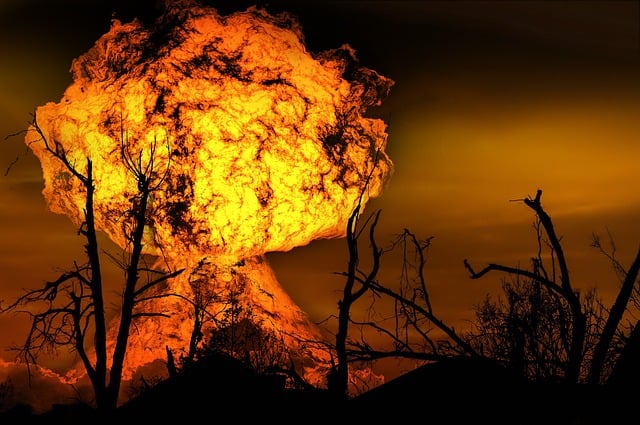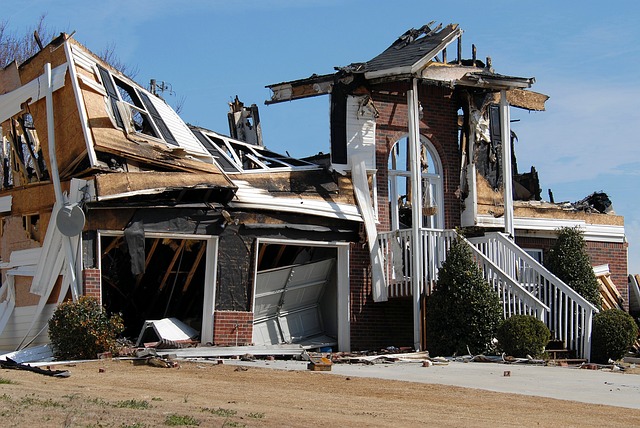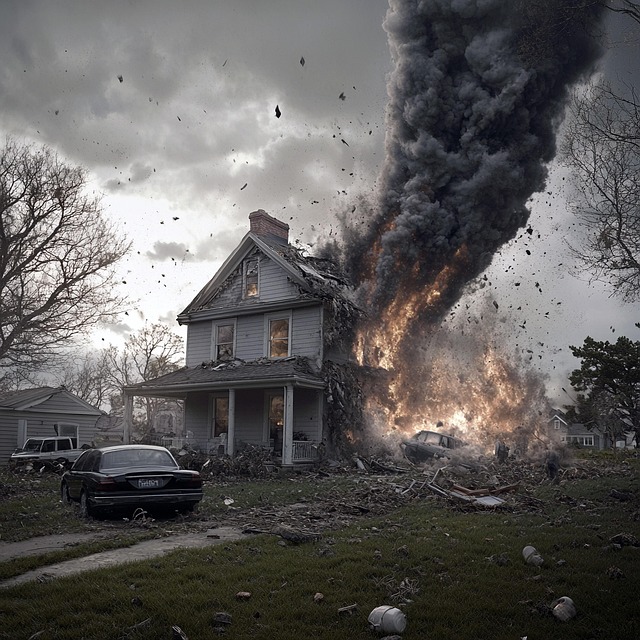Selling a home with fire damage in California requires strict disclosure of all material defects, including the nature and extent of fire damage, to comply with state laws. Failure to disclose could lead to legal issues and jeopardize the sale. Transparency is key, as buyers have a right to assess safety and value, and seeking professional advice can facilitate a smoother sales process.
In California, property disclosure requirements are crucial for transparent real estate transactions. When selling a home, disclosing any historical or current issues, such as fire damage, is essential to avoid legal implications. This article guides you through the intricacies of these requirements, focusing on fire damage disclosures. We’ll explore common exclusions, their handling, and the potential consequences of non-disclosure, offering insights to ensure a smooth sale for homes with past fire events in California.
- Understanding Property Disclosure Requirements in California
- Fire Damage: What Sellers Must Disclose
- Legal Implications of Non-Disclosure
- Common Exclusions and How to Handle Them
Understanding Property Disclosure Requirements in California

In California, property disclosure requirements are stringent, particularly when it comes to selling homes with fire damage. Sellers must disclose any known issues, including structural problems, water damage, and—in this case—fire damage. The state’s Real Property Transfer Tax Regulation requires sellers to complete and sign a Disclosure Statement for Real Property, listing all material defects or restoration needs.
When a house has experienced fire damage, it’s crucial to be transparent about the extent of the damage. Sellers should provide detailed information on the affected areas, the nature of the damage (e.g., structural integrity compromised, smoke/fire-related odors), and any remediation efforts undertaken. This ensures potential buyers are fully informed, enabling them to make a well-considered decision and possibly negotiate repairs or adjustments in price if significant issues are identified.
Fire Damage: What Sellers Must Disclose

When considering selling a property in California, it’s crucial to be transparent about any existing issues, especially structural damages caused by fires. Sellers must disclose any history of fire damage as part of the property disclosure process. This includes providing details about when the damage occurred, the extent of the harm, and the steps taken for repair or remediation.
California law requires sellers to reveal known defects that could impact a buyer’s decision. Fire damage, whether minor or extensive, falls under this category. Failure to disclose could lead to legal consequences and potentially jeopardize the sale. Buyers have the right to assess the property’s safety and value, making full disclosure of fire-related issues essential for a smooth transaction.
Legal Implications of Non-Disclosure

When selling a property in California, it’s crucial to understand the legal implications of non-disclosure. Failing to disclose known material defects, such as fire damage, can have severe consequences. The state has strict laws in place to protect buyers, ensuring they receive accurate and honest information about the property they are purchasing. If a seller omits or misrepresents critical details, it may result in legal liability, including potential financial penalties and even criminal charges.
In cases where fire damage has occurred, California law requires sellers to disclose this information if it affects the structural integrity of the property or could impact a buyer’s health and safety. Non-disclosure in such instances can lead to legal disputes, with buyers having the right to seek damages for any losses incurred due to undisclosed issues. Therefore, transparency is key to ensuring a smooth sale and avoiding potential legal pitfalls when selling a house that has experienced fire damage in California.
Common Exclusions and How to Handle Them

When it comes to property disclosure in California, there are several common exclusions that sellers often encounter when trying to sell a home with fire damage. These can include structural issues, hidden repairs, or undisclosed environmental hazards, which are typically not required to be disclosed. However, if fire damage is visible or has significantly affected the property’s integrity, sellers must provide accurate and detailed information to potential buyers.
Handling these exclusions requires transparency and honesty. Sellers should consult with a real estate professional or attorney to understand their legal obligations. In cases of significant fire damage, it may be beneficial to hire a qualified contractor to assess and document the repairs needed, ensuring that all necessary disclosures are made. This not only helps in attracting honest buyers but also facilitates a smoother sales process by setting clear expectations from the outset.
In California, property disclosure requirements are crucial for transparent real estate transactions. When it comes to fire damage, sellers must disclose any incidents that could impact a buyer’s decision. Failure to do so may result in legal implications, as non-disclosure can be considered fraudulent. Understanding these requirements and handling common exclusions is essential for both buyers and sellers when navigating the process of selling a house with fire damage in California.






